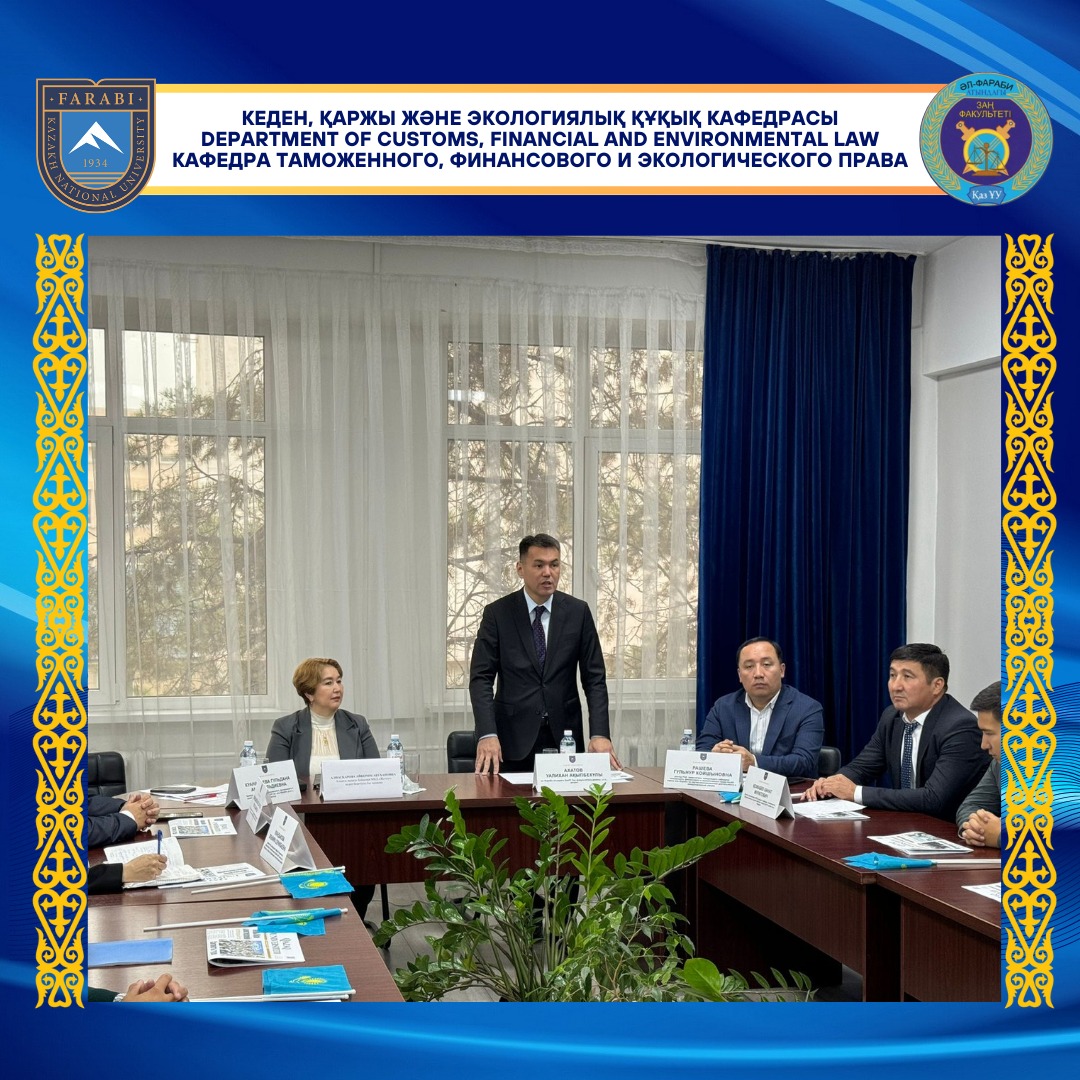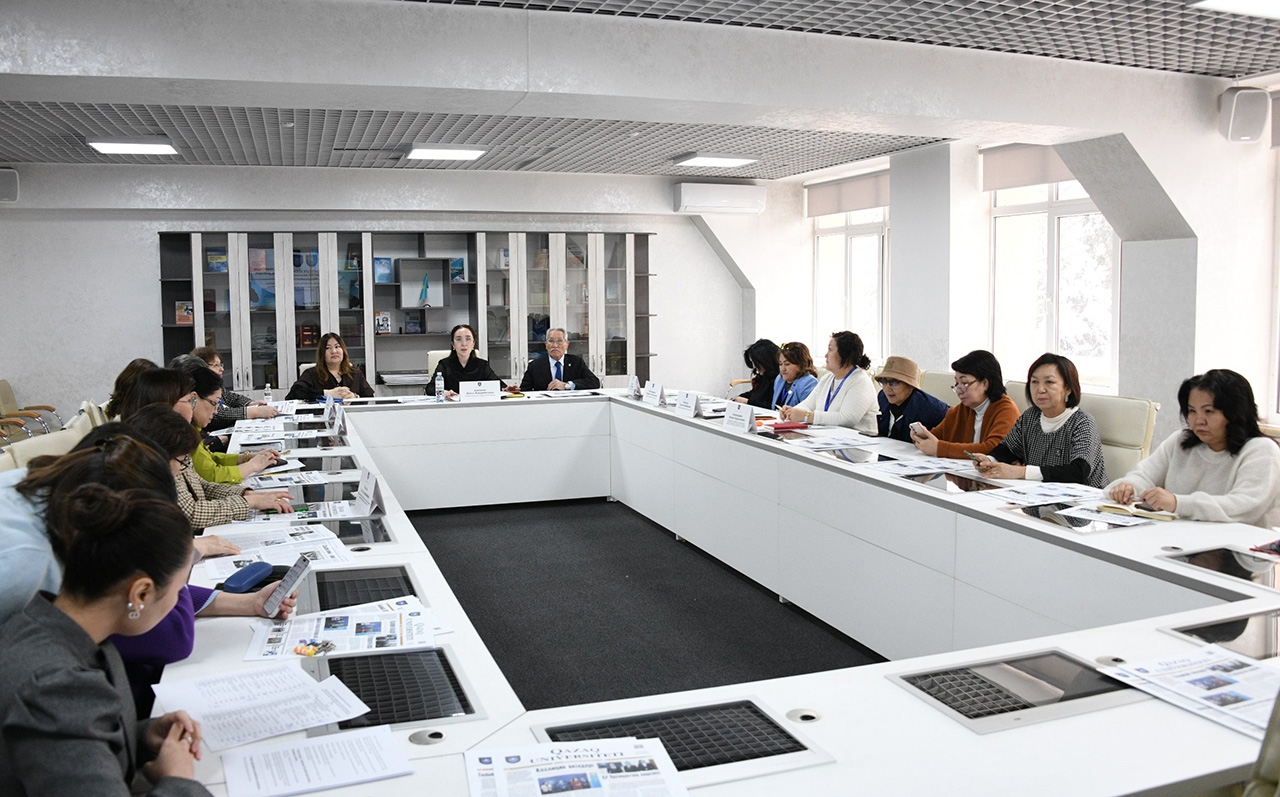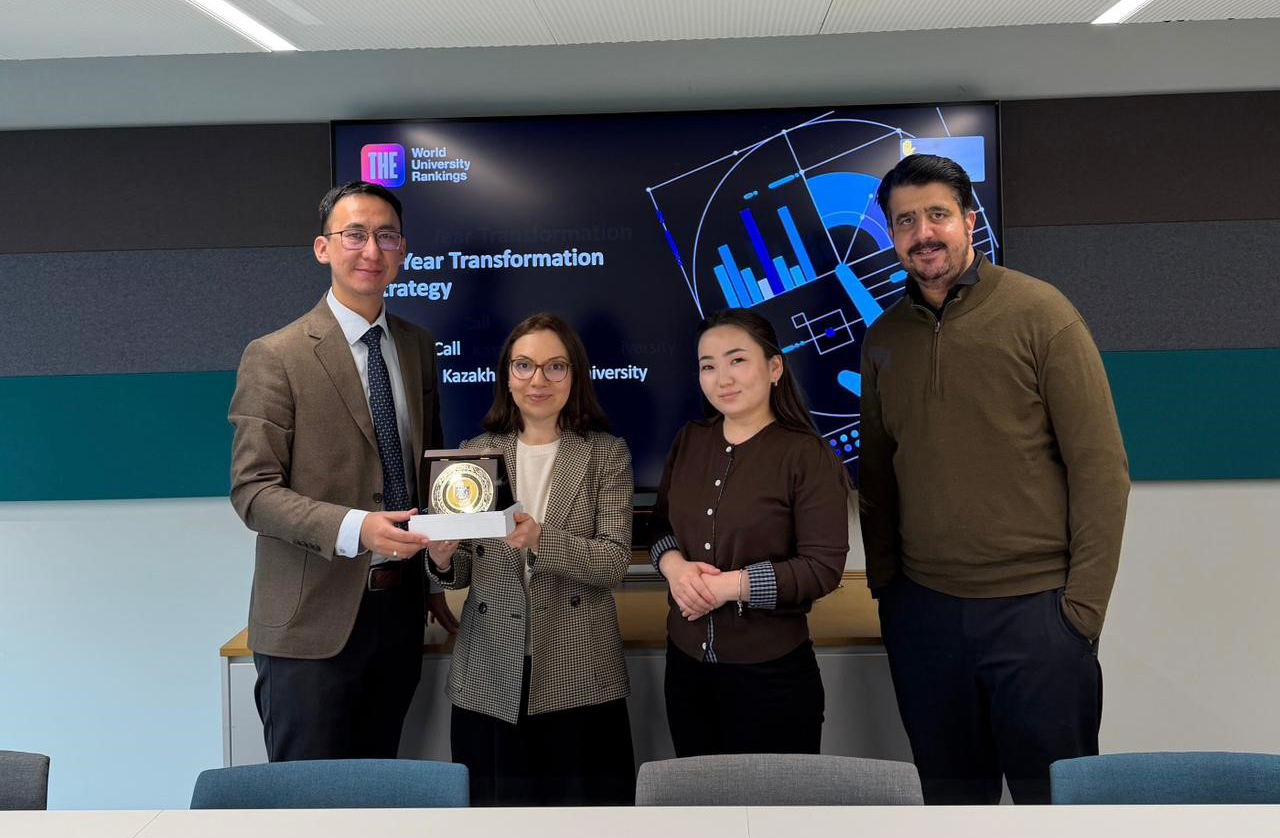Development and future of the customs industry of Kazakhstan

Within the framework of the 16th goal of the UN SDG, the department of customs, financial and environmental law "Institute of Peace, Justice and Power" held a republican seminar on the topic "Development and future of the customs sector of Kazakhstan".
In the early 1990s, the main task of customs authorities was to increase state budget revenues. This determination of priorities was caused by the problem of an acute shortage of budget funds in the context of mass tax evasion, colossal external debt and government obligations to pensioners and public sector employees. The fiscal bias of customs policy and customs administration still dominates: customs duties (primarily export duties) provide up to a third of budget revenues. Kazakhstan's customs policy, which was primarily fiscal in nature, hindered the development of international cooperation and the competitiveness of the domestic manufacturing industry. Tax reform and strengthening of tax discipline in recent years have reduced the emphasis from taxation of foreign trade to taxation of domestic economic transactions. In the current conditions, customs policy should become a mechanism for achieving not fiscal, but structural goals. There are serious obstacles to this goal. The Customs Code, which was in effect until recently, did not define in detail the basic principles of customs legislation.
These and other important issues were widely discussed during the seminar. The seminar was attended by the dean of the faculty U.A. Akhatov, the chief specialist of the customs post "Zhetysu" A.A. Aliaskarova, department staff, students and postgraduates.
Other news



